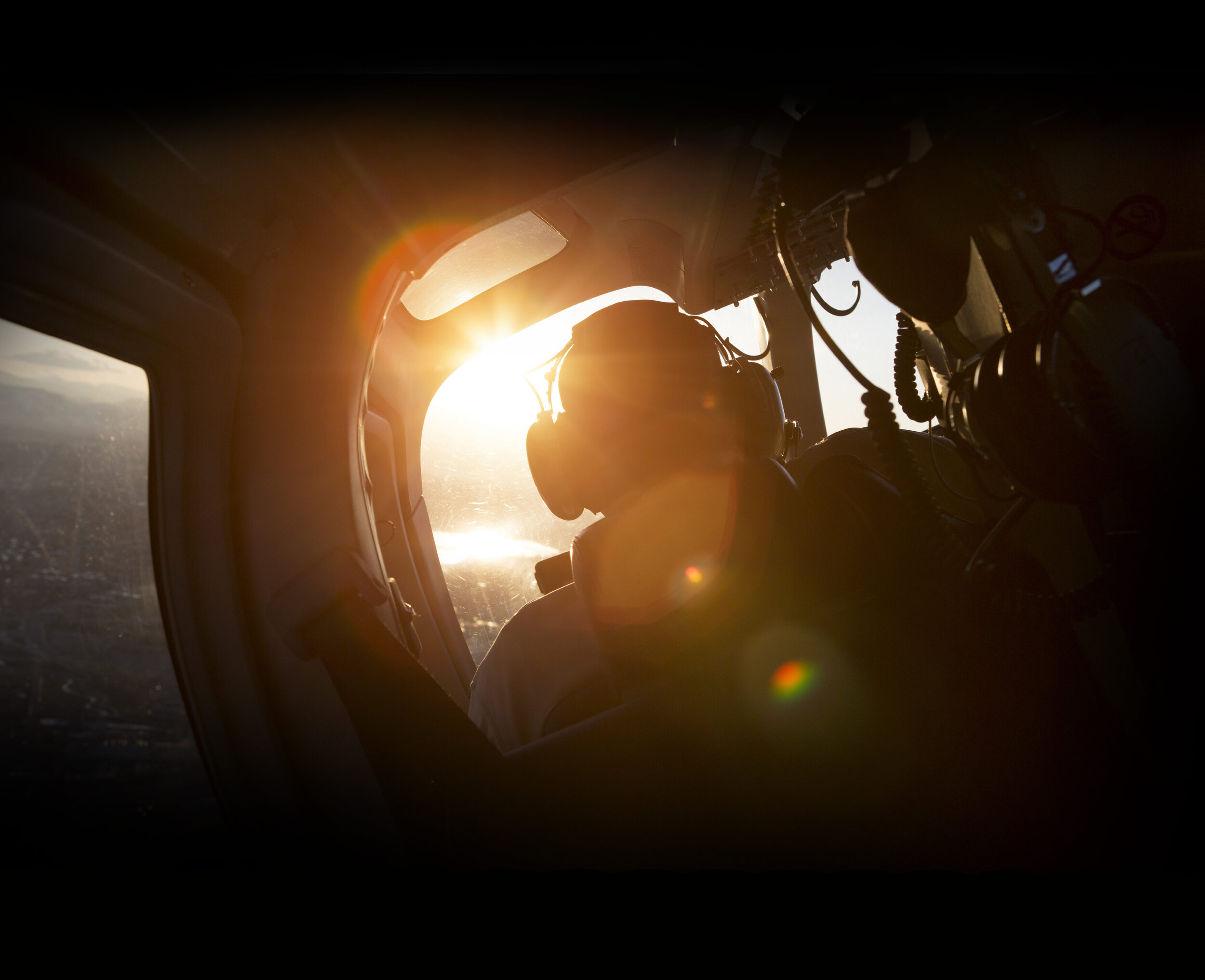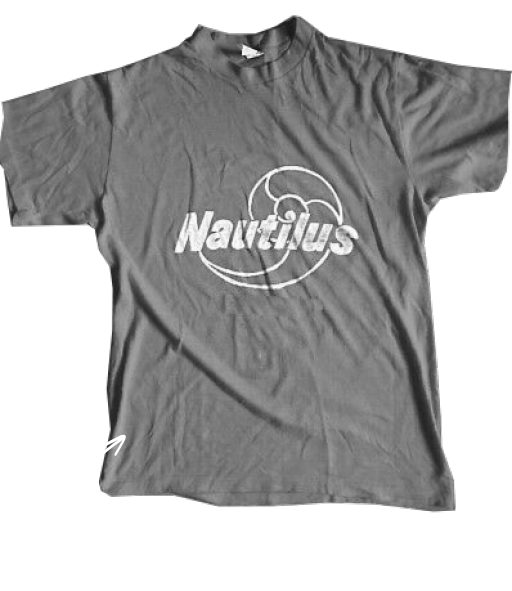
Accidental
Career
In Iran, your career path was set, a major declared before you’d start. Here, it was different. There were options and choices, particularly in college.

Since I was a boy, my dream was to become a pilot.
Since this school was more of a logistical decision, and didn’t offer programs in aviation or aeronautics, I improvised, majoring in electrical engineering with the thought to go on to get a Master’s degree in aerospace engineering, my true goal.
The college routine was great; classes during the day and working nights at the same restaurant where I’d started washing dishes for minimum wage in high school.

There was a lot of anti-Iranian feeling in the U.S. during this time, which certainly didn’t make things easier, but I was relentless, learning all the other jobs in the kitchen and moving from dishwasher to back up cook. Back up cook to line cook. By my second year of college, I was a full-time engineering student by day, “Chef Akradi” by night.
Even with a full schedule, I was drawn to the local gym called Nautilus Fitness Center. Hooked, and because I spent more and more time there, I asked the manager if there were any openings, thinking it would at least help with my commute.
He offered me the graveyard shift and I took it.

My new job came with the grand title of Night Manager, in spite of the fact that there were no other employees to manage. It didn’t matter. I threw myself into my work, despite the fact a career in the health club industry was the furthest thing from my mind.
From 11 PM to 7 AM I did everything that needed to be done; clean the pools and locker room, work the front desk, help the clients, answer questions and show them how to use the equipment.
As my coursework grew more challenging, working the graveyard shift did too. I looked around to see what other jobs might fit my schedule better, and that was selling memberships.
We realized quickly I had a knack for sales
when by the second month, I tied the company’s top sales person. By my third month, I beat him by fifty percent and was making more money working two days per week than entry-level electrical engineers made full-time.

At the end of that semester the owners of Nautilus approached me with an offer. They were expanding into a new market; Minneapolis, Minnesota. They wanted me to move there to manage the new clubs.
I turned them down.
I had gone to school for engineering, was planning to be a pilot and wasn’t going to give that up to manage gyms.
They asked what the average salary was for electrical engineers, which then was between $24,000 and $28,000 per year. They offered me $30,000, plus four to eight percent of gross sales. That was more than three times as much as I could hope to make starting out as an engineer, and they had my attention.
Since engineering was merely a stepping-stone to my real dream of becoming a pilot, leaving school didn’t feel like a major loss. I had finished my requirements, the only thing between me and a diploma were a few formalities and if the new job didn’t work out, I could always go back to engineering. I accepted their offer.
Looking back at this crucial turning point,
I realize again how much luck had to do with it.
Albert Einstein said, “You must decide if the universe is for you or against you.”
I had been taught from my father and my family to believe in myself, because you attract things that reinforce your belief. It’s the simple law that where you put your focus will expand.

There was a certain wind at my back that whispered to me that the universe was for me not against me.
The synchronicities of “luck” followed my willingness to start as a night manager. I was there as new opportunity opened up, attracting good will and more confidence with my attitude. Hard work combined with a gift to help people realize their dreams lead to success as a salesman. That, along with what can simply be described as a good attitude, and a constant willingness to take on new tasks that made the Nautilus executives trust that I could handle opening a new market for them all aligned to set me on my way.

Minneapolis, 1983

In March of 1983, my friend and co-manager Mark Zaebst and I left Colorado Springs and set off for Minneapolis. We loaded what little we owned into a U-Haul truck and headed north, arriving in Minneapolis on a freezing late winter’s day.
We had a lease on an empty 12,000-foot space in a suburban strip mall.
That was it.
In 1983, there was no such thing as Amazon, let alone the Internet or cell phones. The most exciting technology of the day was a new thing called a fax machine. We had to source and procure everything – exercise machines, phones, furniture, business cards – the old-fashioned way, by showing up in person.
Looking back, I cannot believe Nautilus would allow two twenty-one-year-olds to handle the outfitting, opening and operations for their new location in another city. They were crazy, but we were thrilled. We thrived. We learned to create something from nothing, and we were a hit.
That location took off and by the time it did, a bug had bitten me that would not let go.
There was no basking in success as I immediately started looking ahead, developing plans to open several other locations in the area.
When the owners came to town to see what we had done, we were ready for what was next. We had scouted locations, studied the market and took them on a tour of the area. We presented them with a business plan and thoroughly answered their questions. While they were at least twenty years older, these executives were impressed.
They also owed us money. A substantial amount of our sales and base salary. I told them I would take an equal one-eighth ownership position in the company and become one of the eight partners instead of the cash. They accepted.
The cash might have been a safer bet, but I had blinders on, seeing only opportunity to do more, to do better, to shed the old standard for the gym industry and be truly best in class. With my perfectionistic nature, it was game on.

Less than three years after starting out as night manager in a single health club, I was a partner and Executive Vice President in a growing American company.
I was twenty-two years old.





